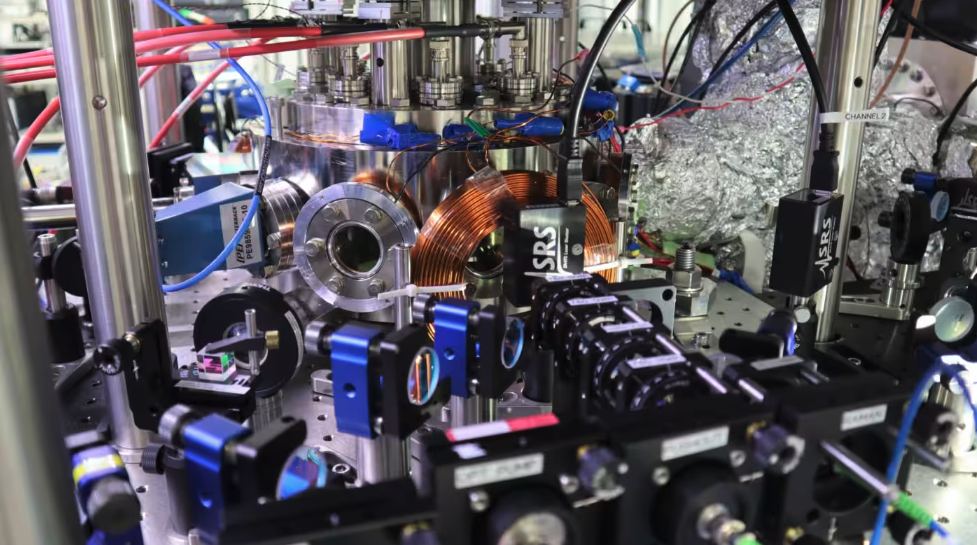Japan’s Institute for Molecular Science and companies like Fujitsu, Hitachi, and NEC plan to establish a company to commercialize a high-speed quantum computer by 2030. The new company will develop a cold-atom quantum computer using rubidium atoms as qubits for calculations. A prototype is expected by 2026. The venture aims to enhance Japan’s industrial competitiveness and economic security. The company will be based in Okazaki, Aichi prefecture. Overseas, Harvard University and startup QuEra Computing are also working on the cold atom method.
Quantum Computing in Japan: A Collaborative Venture
Japan is set to establish a company in fiscal 2024 to commercialize a high-speed quantum computer. This initiative is a collaborative effort between industry and academia, with around ten companies providing support, including Fujitsu, Hitachi, and NEC. The venture aims to leverage Japan’s technological strengths to enhance the country’s industrial competitiveness and economic security.
The company will be established under the guidance of the Institute for Molecular Science (IMS) at the National Institutes of Natural Sciences, a national research institute. The primary focus will be developing a new device called a cold-atom quantum or neutral-atom quantum computer. The company plans to develop a prototype by fiscal 2026 and will be the first to offer a high-performance commercial device by fiscal 2030.
The Cold-Atom Quantum Computer: A New Approach
The cold-atom quantum computer will utilize rubidium atoms, cooled to near absolute zero, as qubits, the basic unit of measurement in a quantum computer. These atoms are manipulated to perform calculations by altering their quantum states. Rubidium atoms are particularly suitable for creating the states necessary for these calculations.
The IMS has recently established a consultative body for commercialization, with about ten companies participating, including the Development Bank of Japan, Fujitsu, Hitachi, NEC, and Hamamatsu Photonics. Each company will invest in the new venture and provide support through human resources and technology.
The New Company: Location and Collaboration
The new company will be based in Okazaki, Aichi prefecture, where the IMS is located. The management team will primarily consist of IMS staff. The company’s name and investment terms from corporate backers will be finalized at a future date. The new company will collaborate with industry, working toward practical applications for quantum computers, which, in theory, can quickly solve difficult problems even for supercomputers.
Advancements in Cold Atom Qubits
The cold atom method requires time to perform the operations that form the basis of the calculations. However, Kenji Ohmori, a professor at the IMS, and his colleagues have achieved this essential operation in less than ten nanoseconds using their laser technology. A nanosecond is one billionth of a second.
Internationally, Harvard University and QuEra Computing, a startup established by Harvard and its associates, are also working on the cold atom method. The IMS aims to use the establishment of the new company as an opportunity to accelerate the development of a practical quantum computer.
External Link: Click Here For More

